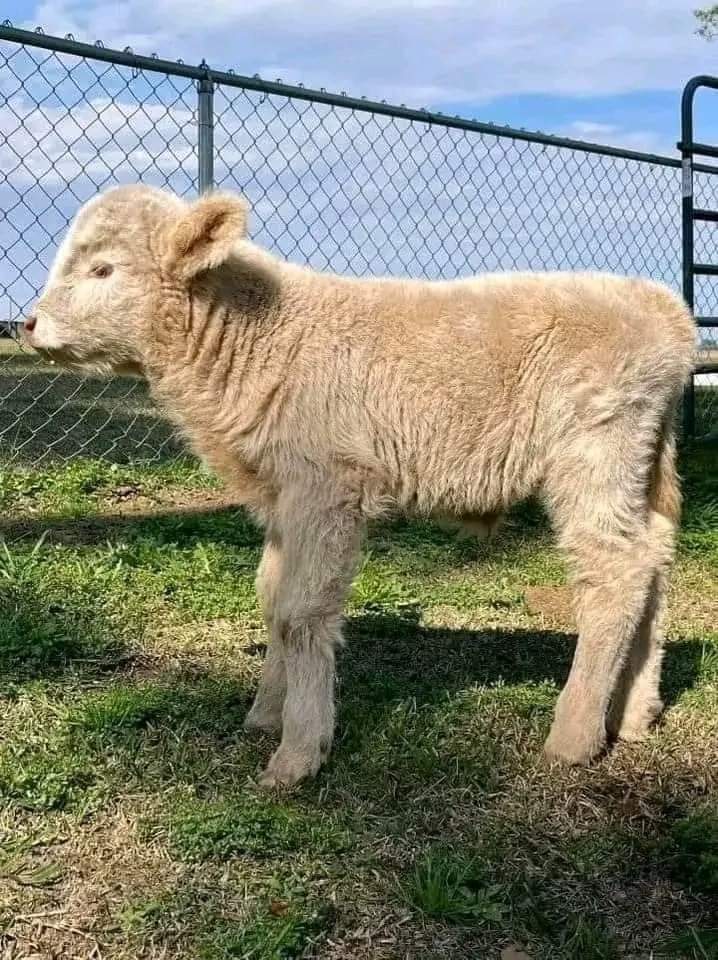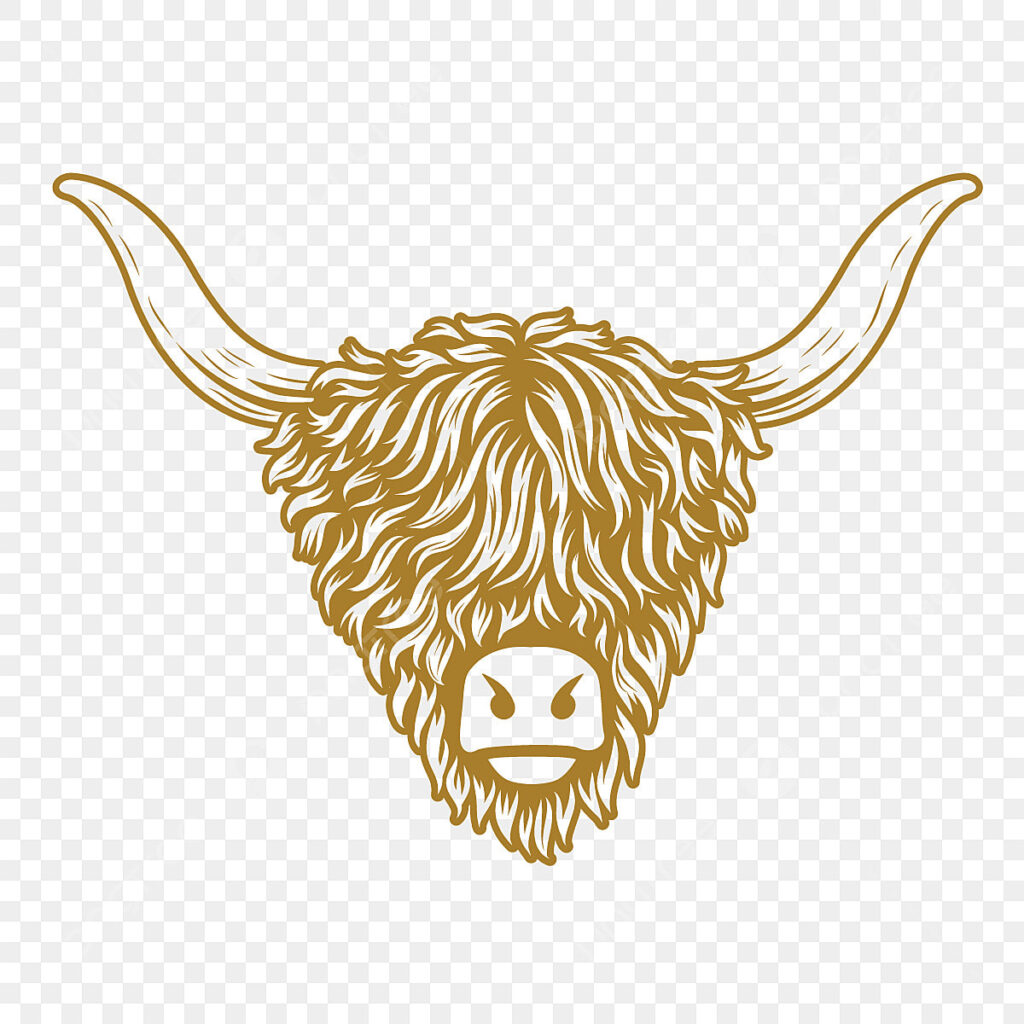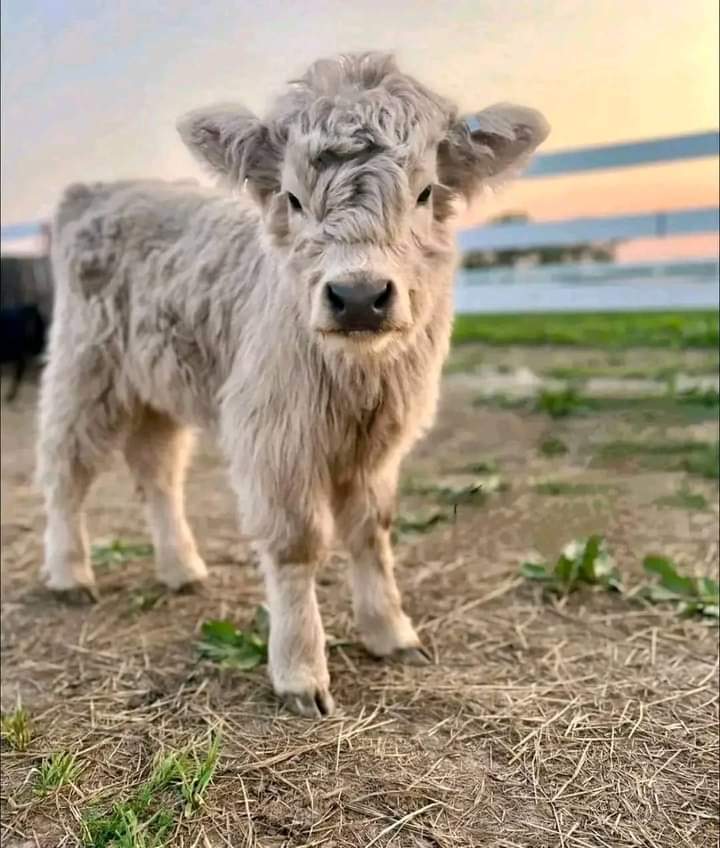When it comes to adorable farm companions, mini Highland cows have earned their spot at the top of the list. With their shaggy coats, charming horns, and docile demeanor, these miniature marvels are irresistible. However, keeping your mini Highland cows healthy requires proper medical care and vaccinations. This guide will walk you through everything you need to know to ensure your cows thrive for years to come.
Table of Contents:
- Introduction to Highland Cow Health Care
- Why Vaccinations Matter for Highland Cows
- Essential Vaccinations for Highland Cows
- Deworming: An Important Health Measure
- Parasite Control Strategies
- Hoof Care for Mini Highland Cows
- Signs of Illness to Watch For
- Routine Health Check Tips
- Creating a Medical Record for Your Mini Herd
- FAQs on Mini Highland Cow Care
1. Introduction to Mini Highland Cow Health Care
Owning a mini Highland cow brings joy and responsibility in equal measure. These small, hardy cattle are relatively low-maintenance, but they do require routine care to stay healthy. Whether you’re raising them for companionship, breeding, or showcasing, a comprehensive medical care routine is essential.
Did You Know?
Highland cows are one of the oldest registered cattle breeds in the world and are known for their resistance to harsh weather.
2. Why Vaccinations Matter for Mini Highland Cows
Vaccinating your mini Highland cows isn’t just about following protocols; it’s about protecting them from potentially fatal diseases. Vaccines help build immunity, reduce disease transmission, and contribute to the overall health of your herd.
Benefits of Vaccination:
- Disease prevention
- Improved herd immunity
- Lower veterinary costs in the long run
3. Essential Vaccinations for Mini Highland Cows
To keep your Highland cows healthy, certain vaccines are non-negotiable. Here’s a quick checklist:
- Clostridial Vaccines (7-way or 8-way): Prevents blackleg, tetanus, and other bacterial infections.
- Leptospirosis: Protects against bacterial infections affecting the liver and kidneys.
- Bovine Respiratory Disease Complex (BRD): Includes vaccines for IBR, BVD, and other respiratory illnesses.
- Rabies Vaccine: Essential for cattle in areas where rabies is prevalent.
- Brucellosis (for breeding cows): Helps protect reproductive health.
💡 Tip: Always consult a veterinarian to determine the appropriate vaccine schedule based on your herd’s size, location, and risk factors.
4. Deworming: An Important Health Measure
Deworming helps prevent internal parasites that can lead to malnutrition and poor growth in your mini Highland cows.
Deworming Tips:
- Administer dewormers at least twice a year (spring and fall).
- Rotate deworming products to prevent resistance.
- Monitor cows for signs of worm infestations, such as a dull coat and weight loss.
5. Parasite Control Strategies
External parasites, such as lice and flies, can cause discomfort and reduce productivity. Implement these parasite control measures:
- Fly Control: Use fly traps and insecticide sprays.
- Lice Prevention: Apply topical treatments during the winter months.
- Pasture Management: Rotate grazing areas to break parasite life cycles.
6. Hoof Care for Mini Highland Cows
Proper hoof care is essential for maintaining mobility and preventing infections.
Hoof Care Checklist:
- Trim hooves every 6 to 12 months.
- Watch for signs of lameness or swelling.
- Keep pastures free of sharp objects to prevent injuries.
💡 Pro Tip: Invest in a hoof stand to make trimming sessions easier and more efficient.
7. Signs of Illness to Watch For
Early detection of health issues can save your Highland cows from serious illnesses. Here are common warning signs:
- Loss of appetite
- Lethargy
- Changes in coat condition
- Respiratory distress
- Swollen joints or hooves
8. Routine Health Check Tips
Performing regular health checks is a proactive way to maintain your herd’s well-being.
What to Include in Routine Health Checks:
- Weight Monitoring: Ensure consistent growth and weight maintenance.
- Temperature Check: Normal temperature for cattle is 101.5°F (38.6°C).
- Behavior Observation: Look for changes in temperament or activity levels.
9. Creating a Medical Record for Your Mini Herd
Keeping detailed medical records is essential for tracking vaccinations, treatments, and overall health.
What to Include in a Medical Record:
- Vaccination dates and types
- Deworming schedule
- Hoof trimming history
- Notes on any illnesses or treatments
💡 Digital Solution: Consider using farm management software to organize and store medical records efficiently.
10. FAQs on Mini Highland Cow Care
Q1: How often should I vaccinate my mini Highland cows?
Vaccination schedules can vary, but most vaccines are administered annually. Consult your vet for a tailored plan.
Q2: Can mini Highland cows graze year-round?
Yes, but they may require supplemental feeding during winter or drought periods.
Q3: What should I do if my mini Highland cow shows signs of illness?
Isolate the cow immediately and contact your veterinarian for a diagnosis and treatment plan.
By following this comprehensive medical care and vaccination checklist, you can ensure that your mini Highland cows remain healthy and happy. Whether you’re a seasoned farmer or a new enthusiast looking for mini Highland cows for sale, investing in proper care will pay off in the long run. Happy farming!


